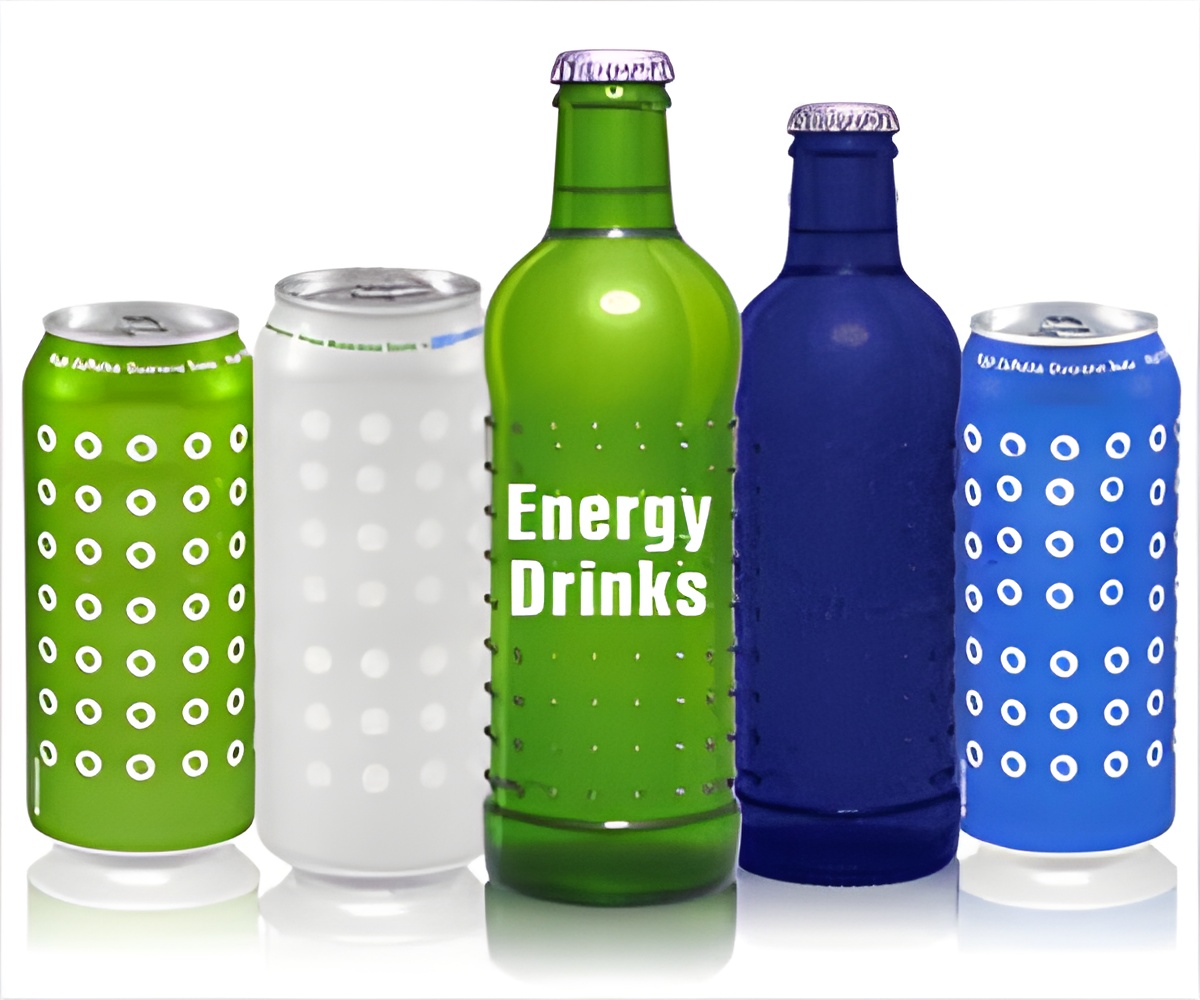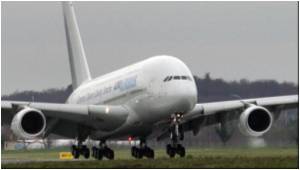The incredible diet secrets of their sports fraternity have been ousted by former football stars.

Glen Johnson opened the window into the highs and lows of the international game, revealing how England's players were given caffeine tablets to get pumped up for the delayed World Cup qualifier against Poland in midweek and that some then needed sleeping pills to bring them back down again when the first match was postponed.
After Liverpool full-back, Johnson provided an insight into football's pill-popping world, his former international team-mate Rio Ferdinand expressed his surprise that people were surprised.
Arsenal boss Arsene Wenger has been at the vanguard of the revolution in players' diets over the past decade and a favourite among his players is banoffee pie - the bananas and sugar contained in the gooey treat boost energy levels.
At another Premier League club, pizzas are always on the post-match menu, with boxes arriving in the dressing room for players to munch after matches in an effort to load up with carbs and quickly regain energy.
Pasta is a favourite the night before games, although the notion of players needing pills to get hyped up for an England game may seem strange to fans.
Advertisement
"It's been a bit strange and I don't think anyone has had to go through that before - but it's part and parcel of being a professional.
Advertisement
Ferdinand admitted that he has problems sleeping after games.
"What's all the fuss with caffeine/sleeping tablets?? Players have used them for yrs before + after games without any fuss," he tweeted.
Everton's ex-England regular Phil Neville tweeted "Throughout my career players have taken sleeping pills night be4 game and caffeine tablets day of game never been a problem in media be4", and later deleted it.
Caffeine - or at least a certain amount of it - was on the World Anti Doping Agency's banned list until 2004, so athletes had to watch how many cans of caffeine-loaded energy drink Red Bull they drank before a race.
One Premier League physio claimed on Thursday, that caffeine pills are available in every dressing room but would never be forced on players.
Players talk about caffeine not being used for energy but more to help with focus.
Herbal sleeping pills, in contrast, are used to try to take the edge off players who are high on adrenalin - particularly after games.
UK Athletics is believed to have a rule that no athlete should use sleeping pills within 48 hours of a race.
Former athletes still remember one sprinter going into a Championship in the 1990s hoping to break the 20-second barrier in the 200m. He could not sleep and persuaded the reluctant team doctor to give him a sleeping pill the night before his big race.
Instead of cracking 20 seconds, he came home in over 21.5 seconds.
One well known British athlete was known for eating small doses of rat poison as it contained the stimulant strychnine.
Scientists are split over whether caffeine makes a real impact when players use it.
One athlete said that he has been advised never to drink more than 12 cappuccinos, as it could cause a suspicious caffeine reading. But other experts insist it would not boost performance.
Caffeine is not on the World Anti-Doping Agency's banned list, but Dr Neil Chester, a researcher at Liverpool John Moores University, says it could potentially be more effective than some banned substances.
"Scientific literature unquestionably backs up the idea that caffeine is a performance enhancer," Chester said.
"It certainly seems to be more effective than something like ephedrine, which is banned by WADA.
"There is, without doubt, a moral and ethical issue surrounding caffeine's misuse in sport," he added.
Source-ANI















